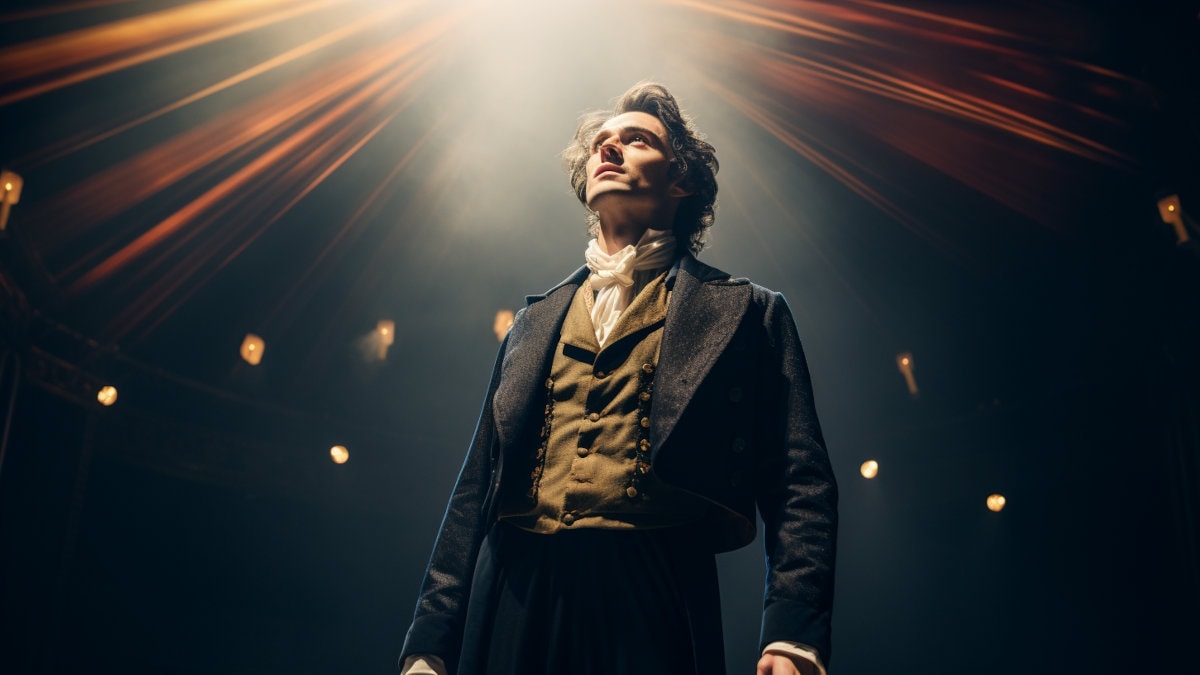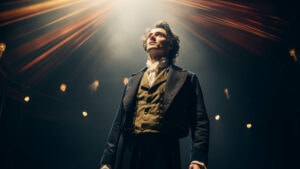Giving a performance that is believable, engaging and grounded in the world of the character is difficult, there’s no secret about that. But what if I was to tell you there was a way to make it ten times easier? There is one technique that is so simple, and yet it’s used by the greatest actors of all time.
Whether you’re performing in a Marvel blockbuster with CGI and aliens, or a gritty drama set in the deep city, it’s important to ground yourself within that world. Understanding and implementing given circumstances into your process can not only help you do that, but it can dramatically improve the quality and consistency of your acting.
Table of Contents
What Are Given Circumstances?
In basic terms, given circumstances are the circumstances that the actor gives themselves, and has been given by the director or writer to work within. By answering a set of questions about the character and their world, actors are then able to craft a reality that they’re able to ground their work within.
This will include the physical, emotional, and chronological context of a specific scene as well as the overarching storyline. It will also include the location where the production is taking place. Whether that be a large greenscreen studio or an abandoned castle.
The idea of given circumstances was originally developed by Konstantin Stanislavski and was later taught and expanded on by many other acting practitioners. One prominent teacher was Uta Hagen, who believed that actors wouldn’t be able to effectively use their imagination until they had “rounded out, and extended [their given circumstances] fully.”
Take Control of Your Acting Career
Learn to build a consistent and sustainable career in the entertainment industry!
How To Use Given Circumstances
The basic idea behind given circumstances is to ask as many questions as you can. The actor must know the characters’ circumstances in every moment, not only within each scene but before, after, and between each scene. From life before the first page, to life after the last page.
But try not to be purely factual in your questioning, a list of facts is cold and lifeless. You want to bring the character to life, so ask questions that urge you to describe your relationship to each reality.
The best way to do this is to ask questions that are specific and detailed, that will encourage you to respond emotionally, not just factually. Here are some things you should think about:
1. Who Am I?
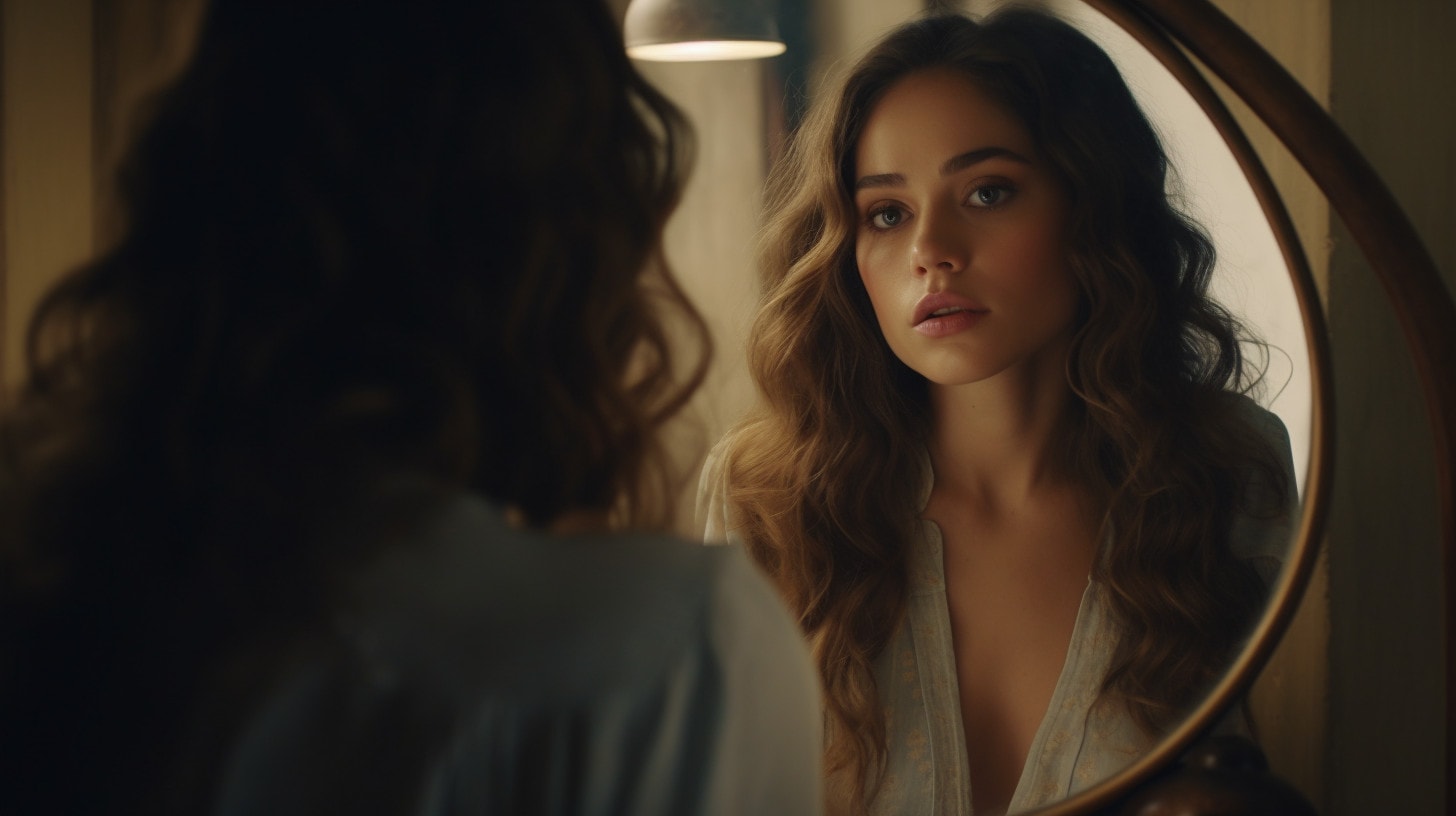
When finding out who the character is, it’s important that you start with the script. Read through the stage directions and dialogue. What do you say? What do others say about you?
Once you’ve found all the details about yourself within the script, you can treat this as a structure. You then want to build around this structure and fill in the blanks. Here are a few examples of topics to think about:
- Where am I from / Where do I live?
- How old am I?
- What is my social class?
- What is my nationality?
- What are my thoughts on religion?
- Friends, family & relationships
- What are my fashion habits?
- Opinions on films, songs or other topics
- What is my greatest fear?
- What is my greatest regret?
- What is my ultimate aspiration?
- Where do I work?
Remember to not only collate the facts but also understand the circumstances and feelings behind those facts. For example, your character is from Scotland but lives in Los Angeles. Why did you move? What are your feelings about that experience? What do you miss about Scotland? What do you love about LA?
By tying thoughts, feelings and emotions to these cold facts, you’ll close the gap between yourself and the character, which is the ultimate goal as an actor.
2. When Am I?
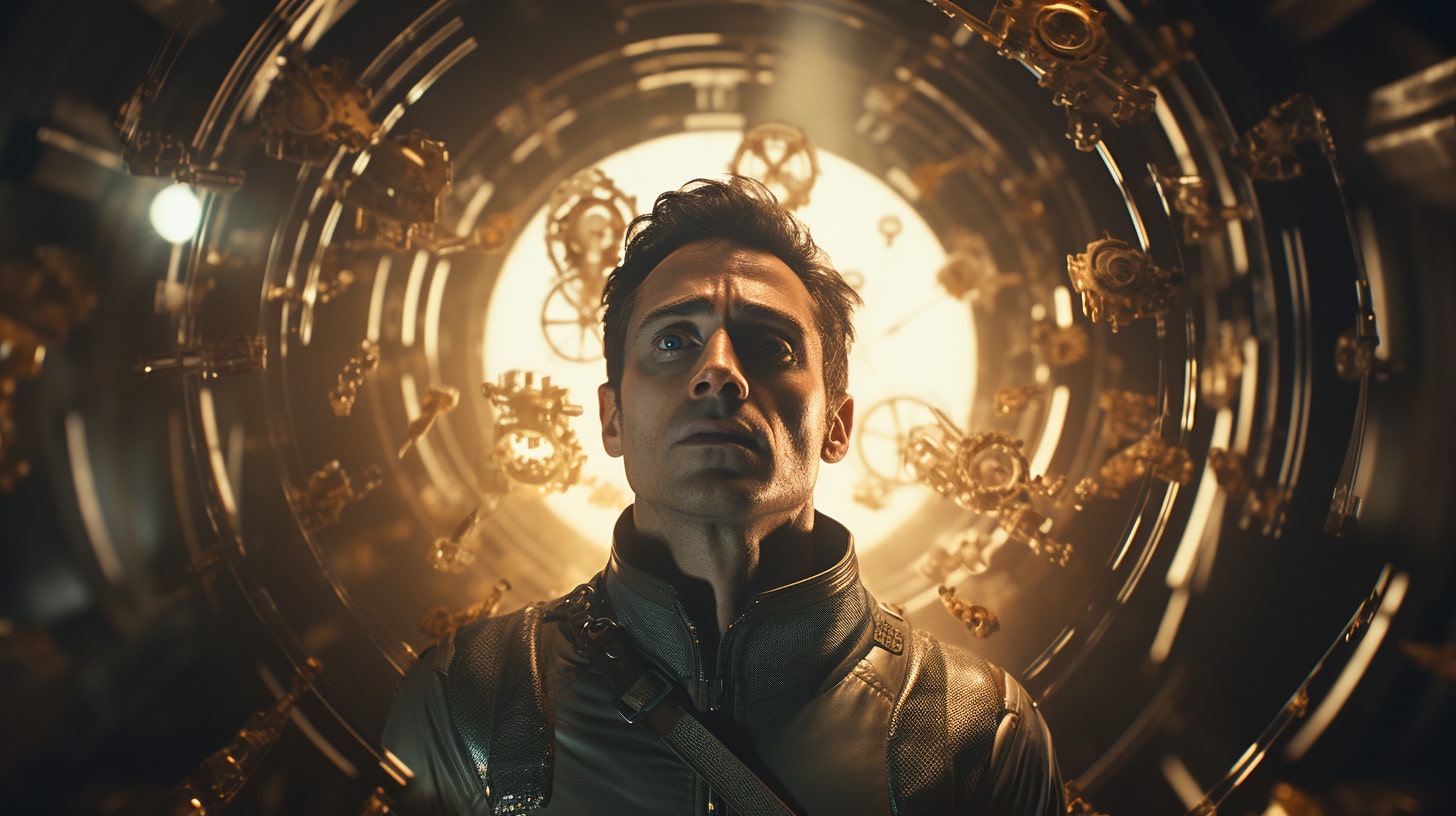
Just like you do when building out your character, it’s important to start within the script and then fill in the blanks with your own imagination. You’ll not only want to think about when you are literally (as in, what is the time) but also what is that time like? Here are some good places to start:
- What is the time/day/month/season/year/century?
- Is this day important? (Wedding, birthday, anniversary, election day)
- What are the social norms?
- What are the economic structures?
- What is the relevance of religion?
- What is the status of government?
By answering these types of questions, you can build a world that you can place yourself within. You can start to think about your relationship to these things and how they affect you.
For example, the president of the United States may have different thoughts and feelings about the government than a homeless person would. Are you familiar with this time in a literal sense, or were you teleported into a future that is unfamiliar to you? How do those circumstances make you feel?
Think of the significance of time. Are the stakes high? Uta Hagen says that “conflict is the root of drama” and time is a great creator of conflict. Whether you have hours left to live, or you’re racing to the airport before the love of your life catches that flight and leaves forever. Time, especially a lack of it, creates intensity of circumstance.
3. Where Am I?
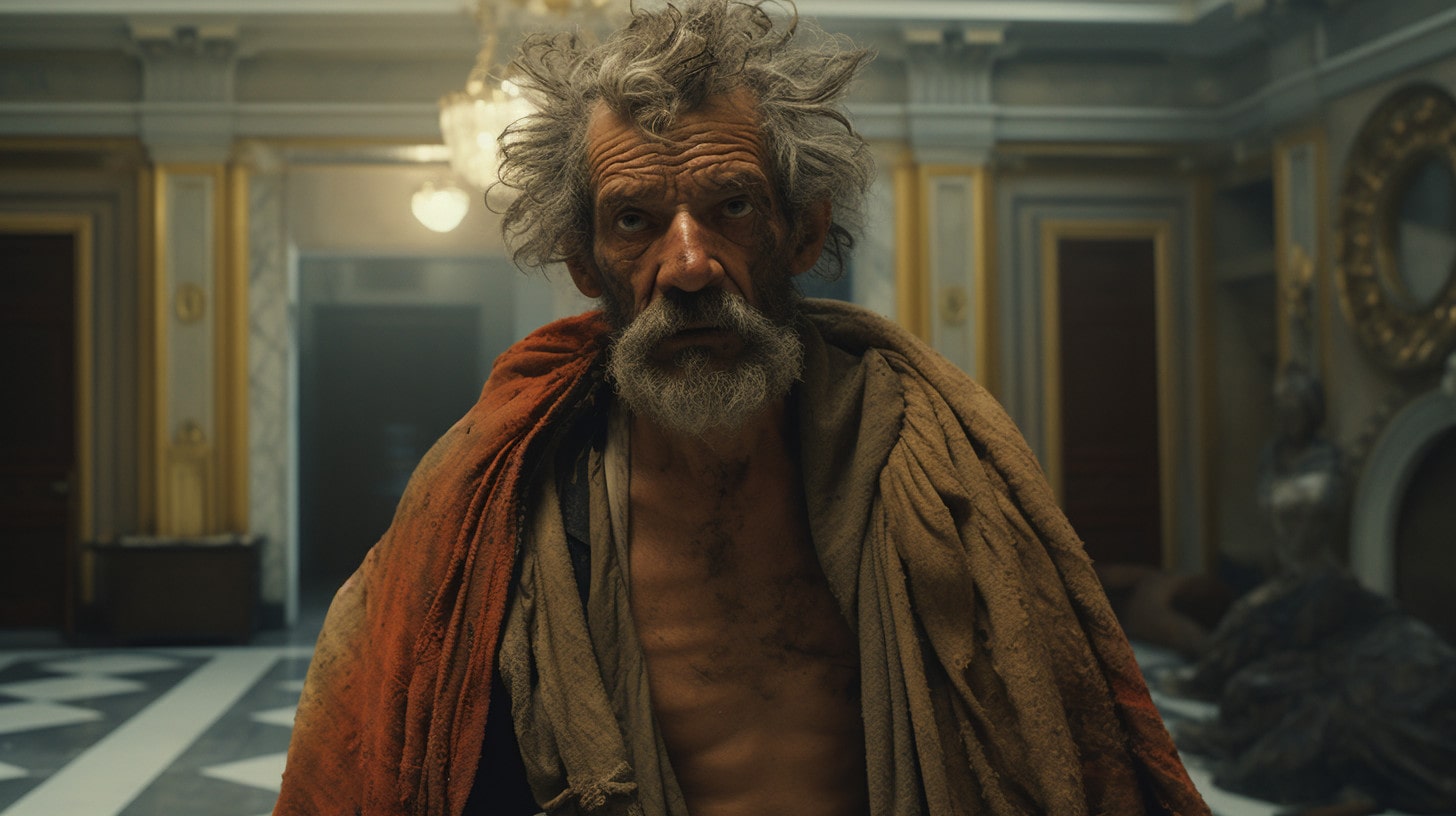
Think about where you are. The universe, planet, continent, country, town, neighbourhood, street, building, room. Think about what directly surrounds you. This will include everything from the room, to the furniture, to the objects, to the people in that room.
Think of a cold, wet, abandoned warehouse vs a warm suburban home filled with family, think about how the circumstances change when your weird cousin Jake is there.
Compare your external circumstances to the circumstances of others around you. Does your home stand out in the street? Is it the biggest, oldest, or most run down in the street? Or is it the exact same as the others? How does that affect you? How does that make you feel?
Familiarity
Think about the level of familiarity you have with your surroundings. Are you in your childhood home, full of memories and nostalgia? Or are you exploring an unknown planet that you believe has a potential for alien life?
Maybe you’re not on another planet, but you’re in a house that is so expensive that it makes you uncomfortable, or maybe you’re used to that level of wealth and you find comfort in that space.
Everything around you needs to be made personal, whether it’s personal because it’s recognisable to the character, or personal because you feel so out of place that it makes your skin crawl.
The Cotton Eye Joe
It’s not just about where you are in this exact moment. It’s also about a little thing I like to call, “The Cotton Eye Joe”. Where did you come from and where are you going?
When you walk on stage or into a scene, you’re not just walking onto the set, you’re coming from a location where the character has just been for a certain reason. Maybe you came from the kitchen where you turned on the oven to preheat ready for dinner.
Think about why you’re leaving or entering into a scene. Are you leaving the previous room because you’re annoyed with your spouse or are you entering a scene because you think you left your purse in the fridge again? You must always have a reason for entering or leaving a scene. If you don’t have one, find one.
4. What Do I Want?

This is where the imagination really takes over. You need to know what the character wants in both this moment and overall throughout the script. These are known as the character’s objectives and super-objectives.
- Objective: What the character wants at this moment.
- Super-Objective: What the character wants throughout the script.
There are no wrong answers to these questions and every actor will have different answers. In fact, the objectives that an actor decides are often one of the key differentiators between their performance and someone else’s performance in the same role.
It’s important to know that you should never enter or exit a scene without an objective. You need to know where you’re going and why you’re going there. Maybe you’re hungry and you’re going to the fridge, or maybe there’s an emergency and you need to go, what is your objective?
Objectives and Subtext
The objective will often be present within the subtext of the scene. For example, you want to tell your boss that you quit, this is your objective. You walk into her office with this objective in mind, but before you can say “I quit”, she praises you and tells you that she doesn’t know what she’d do without you.
You now feel awkward. You can’t quit right after she’s said those things. You thank her and make up an excuse for why you went into her office, never mentioning the real reason, you decide you’ll come back later. In this scenario, the objective is never spoken about or mentioned, but it’s present in the subtext.
I highly recommend checking out my other in-depth blog post on subtext in acting. It goes into everything from what subtext is, why it’s important, how to identify it and how to implement it into your acting.
Objectives Can Change
It’s very common for objectives to change within the scene. For example, your character’s objective is to clean the house as quickly as possible before your parents come to visit. You don’t want them to judge you. All of a sudden a 50-ft tall giant picks up your house and eats it.
You’re then thrust into a dangerous adventure of survival through the digestive system. Your objective has now changed. You no longer care about cleaning your house, you just want to find a way out… You just want to survive.
5. For What Reason?
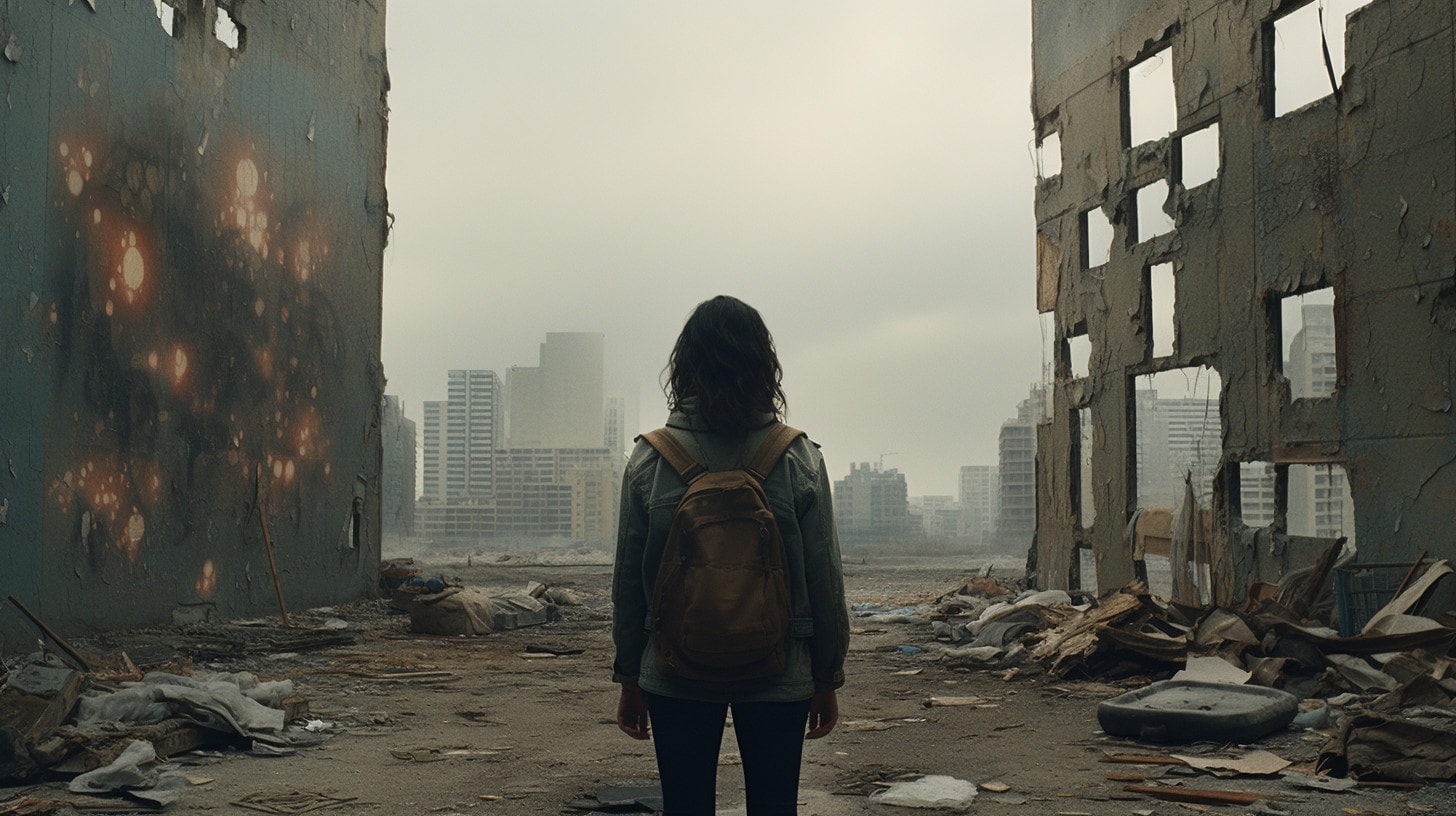
This question is arguably the most important of them all as, without a good reason, your performance will seem thin. It’s also a lot more than just asking why you want something, your reason should imply a future reality. This reason is what gives your performance purpose, passion and scale.
Bella Merlin says in her book, The Stanislavski Toolkit, that during her National Theatre debut, her mentor could see that she didn’t have a reason because “there was no reverberation to what she was doing; her performance stopped at the wings.”
Your reason should allow your character to live off-stage and off-screen, between scenes and in the wings. For example, you’re character is working really hard in school. Why?
Because you want to get into college. Why?
Because you want a good job. Why?
Because you want to earn more money. Why?
Because money will provide you freedom. That’s your reason.
You’re working so hard, not for school, not for a job, not for money, but for freedom. It may not say anything about freedom in the script, but you must create this reason to give purpose, passion and life to the character. If in doubt, zoom out and think of the bigger picture.
6. What Must I Overcome to Get What I Want?

The interesting part of a story isn’t the character achieving their objective, it’s the struggle that they go through to get it, the things that they overcome. Conflict is what creates the drama and tension. It’s what allows the audience to relate to our characters and for that reason, every objective must have a counter-objective.
- Counter-Objective: The obstacle a character must overcome to reach their objective.
The counter-objective is often the objective of another character. For example, your mother is in the hospital, but you’re not allowed to see her. Your objective is to see her, but the counter-objective is the three police officers holding you back with the sole objective of not letting you go. It goes directly against your own objective and therefore adds drama.
It’s important to note that you won’t always achieve your objective. The counter-objective will often be so strong that you’re physically unable to overcome it, but that doesn’t matter. It’s not about whether you achieve the goal or not, it’s about the conflict that you go through in the attempt. Failure can be just as interesting to an audience as success, aslong as their is conflict.
7. How Do I Overcome My Obstacle?
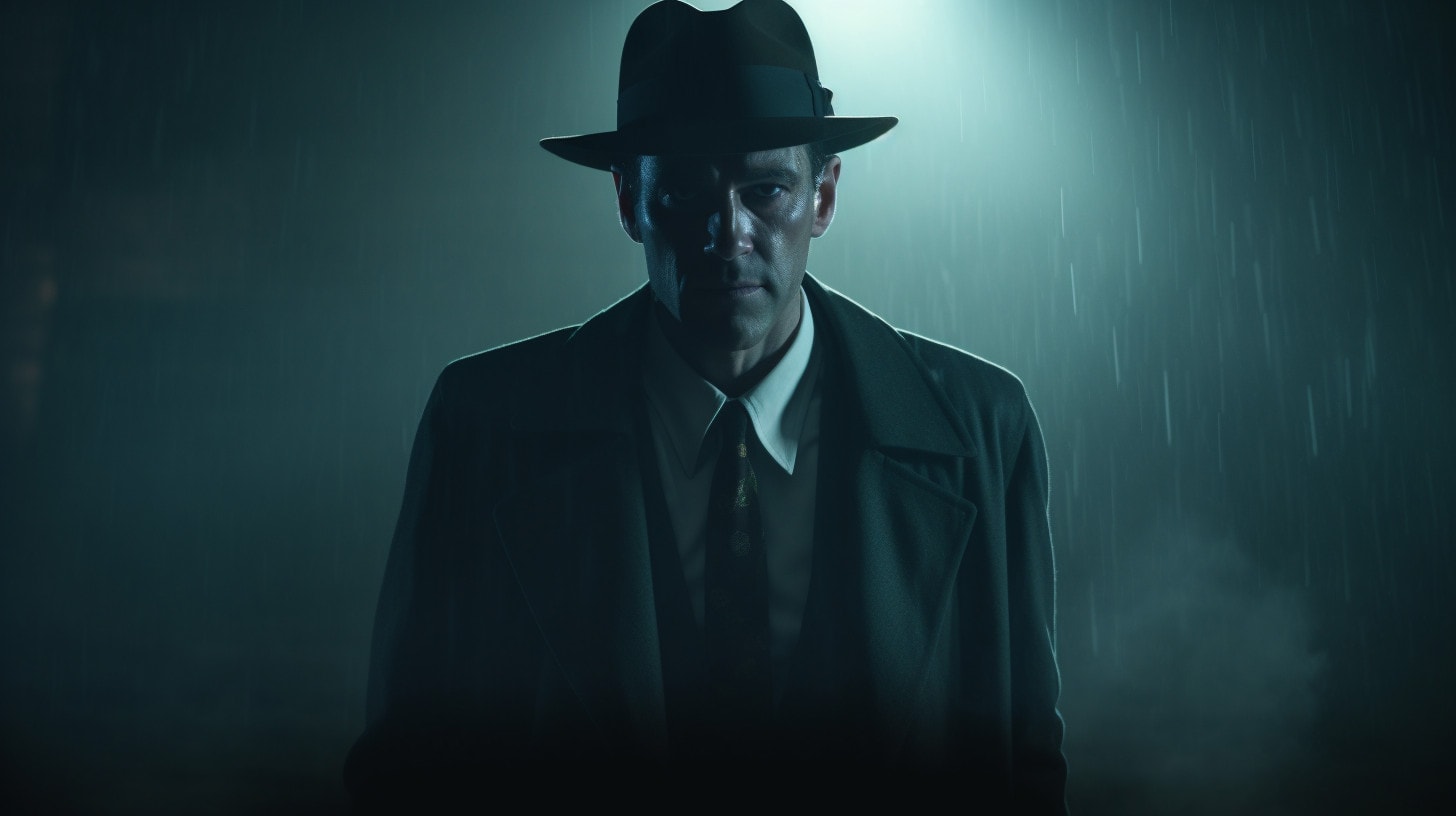
Many actors believe that they don’t have to know how they overcome their counter-objective. That knowing what you want, why you want it and what’s preventing you from getting it is enough to allow your how to present itself in the moment.
I definitely agree that allowing yourself to find the how in the moment allows for more spontaneity in your performance, and I definitely do this, although there are times when it’s important to answer this question.
For example, when performing on screen, where you do multiple takes from multiple angles, continuity is important. And whilst it’s okay to improvise or play around with your performance, you may have to be more careful with your choices to ensure that the director gets what they’re looking for and to ensure the scene doesn’t need to be reshot.
It may also be helpful to think of a few how’s as backups. You don’t have to use them, but you’ll have them there just in case. In theatre, you can switch between them each night to retain spontaneity. Or on set, you can try out different things until you find what works best within the directors vision.


